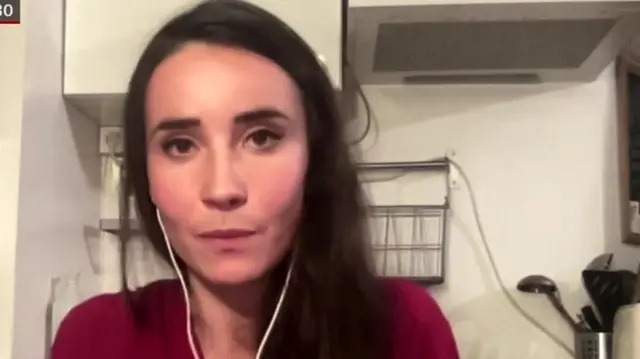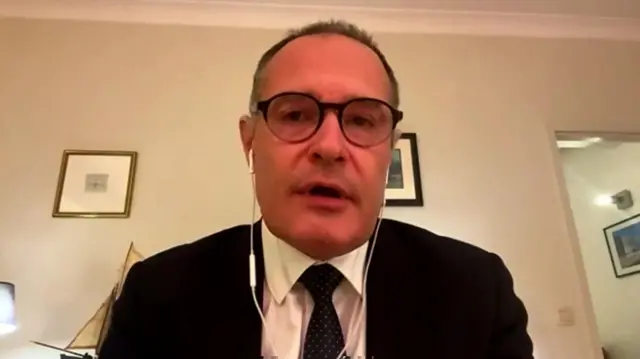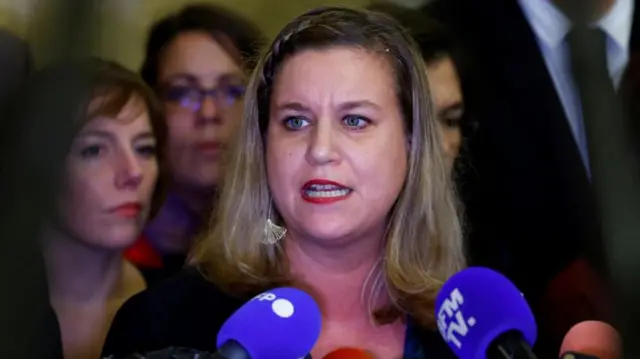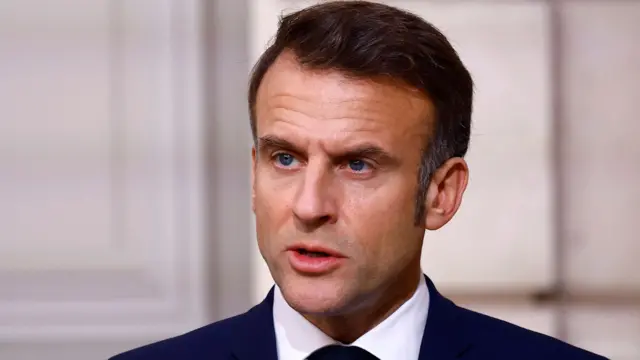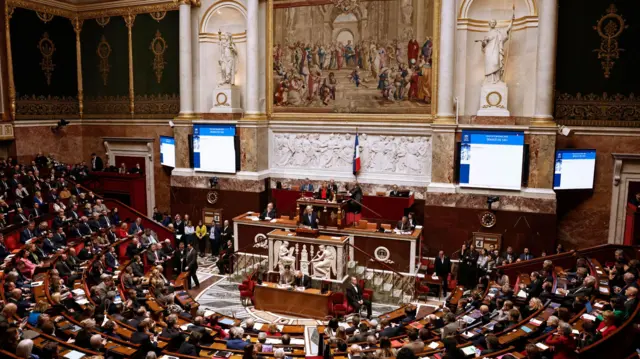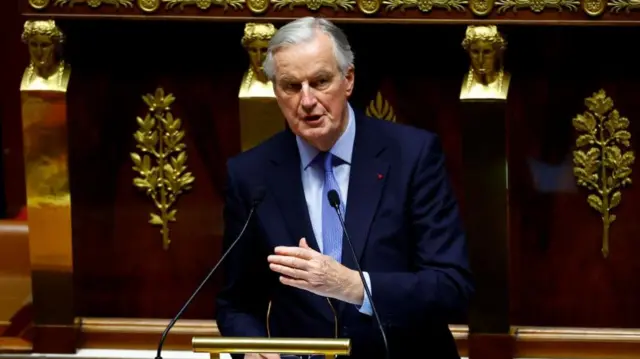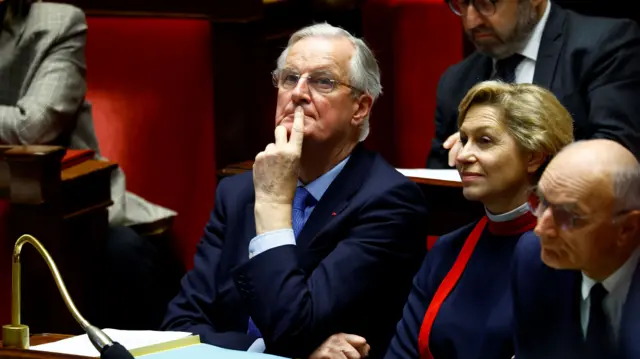Could today's events mark the start of further crises?published at 22:20 GMT 4 December 2024
 Hugh Schofield
Hugh Schofield
Paris Correspondent
Nicolas Beytout, a journalist at the pro-business L’Opinion newspaper, says today's vote is the start of a series of crises which – counterintuitively – the country actually needs.
Because only by being brought face-to-face with the economic abyss, will voters, parties – the country – accept the tough decisions that lie ahead.
Beytout predicts that any new prime minister will face the same problems as Barnier, and like him fail.
"A new government needs time, which it won’t have," he says. "It needs a majority, which it won’t have. And it needs the determination to see through the necessary reduction in state spending – which it won’t have.
"So I expect to see several more motions of censure, and several more falls of government – before eventually we start to wake up."


